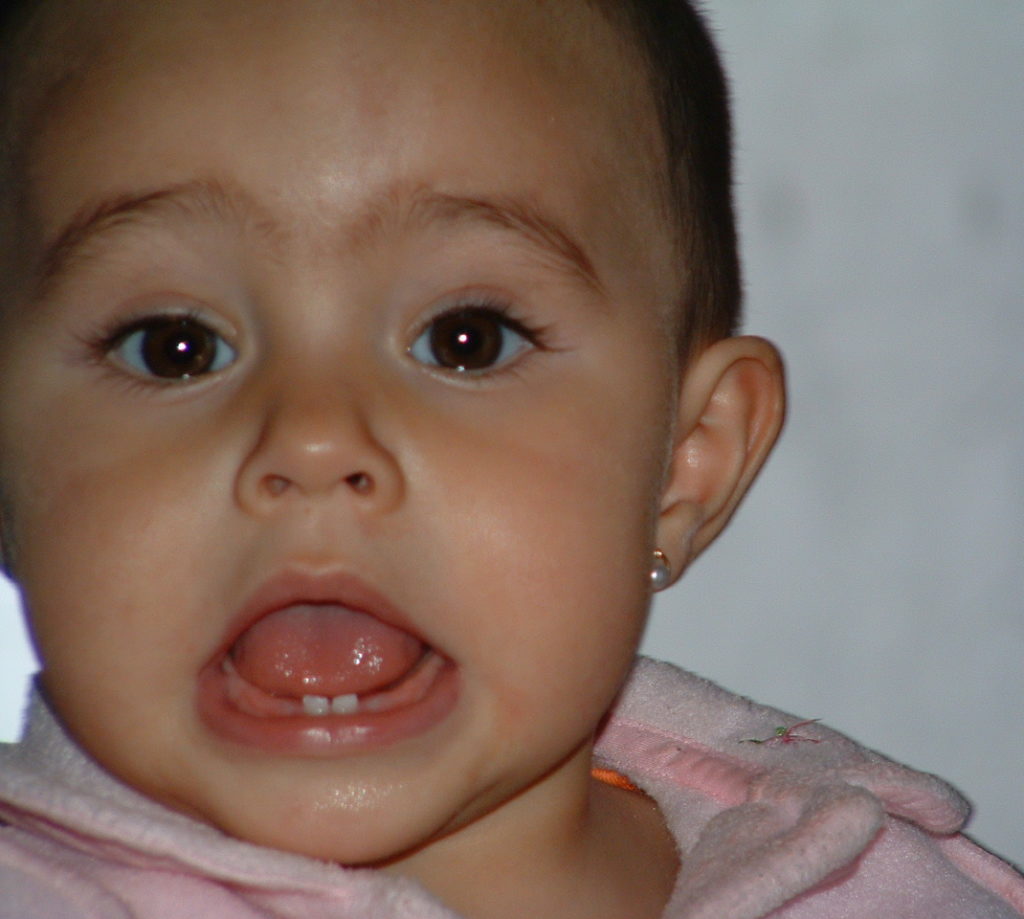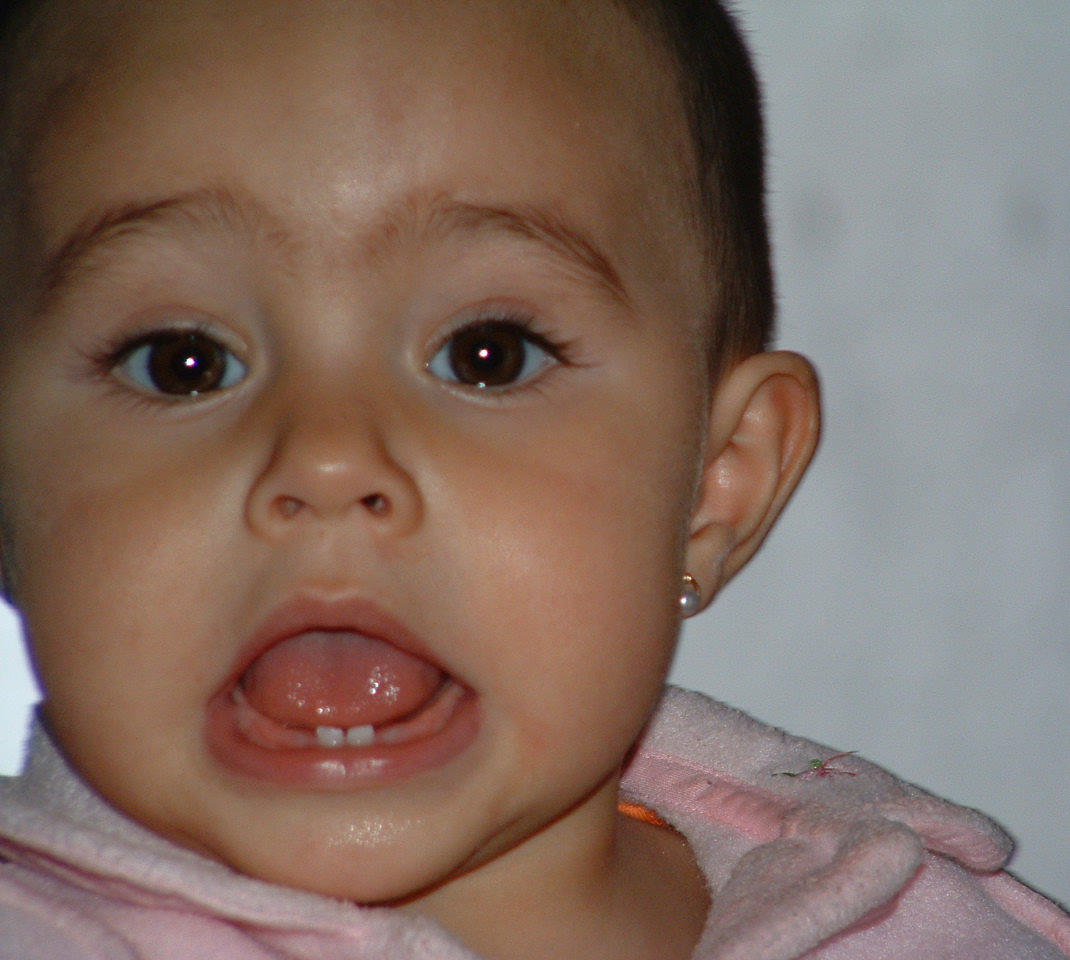Cold sores and canker sores– what is the difference? Are they contagious?
You wake up with a pain in your mouth and you start to panic… what IS this pain? You notice a sore. Ouch. Is this a cold sore? Or a canker? A cold sore usually starts on your lip and develops into a blister-like sore. A canker sore is usually inside your mouth on your gums or inner cheeks. Both are a pain, literally! Let’s talk more about each one, as they are very different.
Canker sores
If the pain is inside your mouth, in the corner of your cheek or someplace else inside your mouth, and you notice one or two sores, it’s more likely a canker than a cold sore. Cankers are usually flat and red around the edge with a greyish or yellowish painful center.
Now, we don’t know exactly why you got this awful canker. Some people just get them, sometimes from trauma to the area, some irritation, or from a certain food. There is no solid research explaining why these happen
Treatment for the cankers is also not clear. But we do know they are painful! There is some thought that a poor immune response can lead to these painful lesions. So some providers suggest taking a multivitamin and vitamin B12 to support the immune system.
Vitamins may help prevent cankers, but there are also lots of semi-helpful pain remedies! 😬😩 Putting a baking soda paste on the site may help it to heal. Swishing warm salt water (🥵) is thought to dry up the canker quicker… No pain no gain right? 😂🤣. And there are lots of over the counter remedies to treat the pain.
Cankers can last a week to a few weeks. If you notice any of the following symptoms, get checked out by a provider or chat with us!
- the canker sore is spreading,
- the canker sore is oozing,
- you have a mouthful of canker sores
- you develop a fever 🤒
- the sores persist for more than 2 weeks
These worsening symptoms can indicate that this isn’t just a simple canker.
Cold sores
A painful sore around your lips 👄 is more likely a cold sore, otherwise known as HSV1 (herpes simplex virus). Now don’t panic. Herpes is a virus. It is not always sexually transmitted, and it can be just as painful as a canker. Your first outbreak of HSV (primary outbreak) is likely to have caused a mouthful of sores, a headache 🤕 and maybe even a fever. Once this primary outbreak happens, from then on in, the virus stays in a sleeping (latent) state until you get another sore, when it “wakes up.” This is called recurrent HSV-1. With this type of cold sore, you will find yourself getting a single sore on the outside of your mouth, or around you lips at random times.
Usually the cold sores give you a warning ⚠️ . A tingling feeling, pain, itching or a strange sensation for a day or so before you get the sore. Then the sore develops into a blister-like lesion and crusts over, usually by day 5-8. 😩
Is a cold sore contagious?
HSV-1 is transmitted through close contact with someone who already has HSV-1. It can be transmitted through saliva, by kissing or sharing drinks 🍹, and through oral/genital contact. 👄 🍆 🍑 You are more likely to catch a sore when the person you are in contact wit, also has a sore at that time. During the time there is a sore, the viral load is highest. You can also catch a sore from someone when they have no sore at all, but it is less likely.
Cold sores in babies
You should be checked out if you have recurrent HSV accompanied by symptoms that worsen, if it spreads to your eyes 👀 , causes headaches, makes you feel ill or if you develop a fever. HSV can cause complications and other illnesses that need immediate medical attention.

If your baby 👶🏼 has these lesions, or was exposed to them, your little bundle needs to be seen right away! HSV can be very dangerous for babies.
Antiviral medication can decrease cold sore symptoms, shorten the duration of the sores, and decrease the amount of virus (or viral load), making them less contagious. Decreased amounts of virus present means decreased spread of infection. There are different options for antiviral treatment 💊. There are oral pill forms of medication options as well as topical creams and ointments. Some medications are taken for just a few days, some every day for a year and some just one day. This is an important discussion that you should make with your health care provider based on your health history and usual symptoms.
The good news is that we can help you! Most people suffer from mouth sores of some sort. Good oral hygiene can help prevent some sores and help them heal faster. This along with good hand washing and keeping your germy saliva to yourself can decrease transmission of some sores. We are here for you and happy to help you to decide what to do when you get that dreaded mouth sore.
–Kim Liner, RN, MSN, CPNP
Nurse-1-1 Health Center is written by nurses in a straight to the point type of way to provide basic health information. We get a lot of people like you searching online for answers to health concerns or looking for a nurse hotline to ask a few questions. Questions like, how to stop pertussis, or whooping cough, in babies. Is the Hep A vaccine safe? How to prevent UTIs in men? Well we can help. We put some info here for you to find while searching through all that other dry, scary medical information online. Stop that. Read our posts, or chat with us. This is not medical advice or a replacement for medical care, but see what we have to say with our free health information, and hopefully it will stop you from scaring yourself any more than you already have. We can help.
